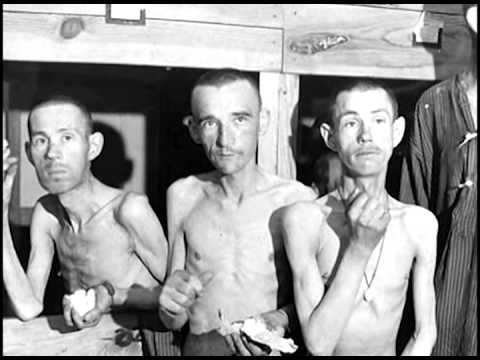Blog 3 Columns
- Home
- Blog 3 Columns

Really, Mr. President?0
- Culture
- October 23, 2015
Yesterday, Minneapolis Public Schools proudly shared a letter of congratulations from President Obama. Here’s the post: Here’s the letter: Assuming the letter is real, the President really ought to have had his team check out the school district before sending a letter of congratulations to the interim superintendent. We certainly agree that “Our Nation’s future
READ MORE
Many Women Distancing Themselves from Feminists0
- October 23, 2015
Emily Hill, writing for the British magazine The Spectator, says that it’s time for feminists to recognize the white flags. As the title of her article reads, “Feminism is over, the battle is won. It’s time to move on.” Today, as Hill points out, girls are doing better in school, more women attend university than
READ MORE
Makers vs. Takers0
- Culture
- October 23, 2015
A Little Red Hen lived in a barnyard. She spent almost all of her time walking about the barnyard in her picketty-pecketty fashion, scratching everywhere for worms. She dearly loved fat, delicious worms and felt they were absolutely necessary to the health of her children. As often as she found a worm she would call
READ MORE

Coming Clean: My 5 Suggestions for Improving the Education System0
- Education
- October 23, 2015
At Intellectual Takeout, we often criticize today’s American education system. In reaction, some in our audience make the blanket accusation that we are “against public education.” Others accuse us of merely “cursing the darkness” rather than “lighting a candle,” and wonder what we would suggest to improve things. Are we against public education? If
READ MORE
9 Timeless Quotes from Dostoevsky0
- Education
- October 23, 2015
1. “The degree of civilization in a society can be judged by entering its prisons.” 2. “The best definition of man is: a being that goes on two legs and is ungrateful.” 3. “If you were to destroy in mankind the belief in immortality, not only love but every living force
READ MORE
Viktor Frankl on Finding Meaning in Suffering0
- Culture
- October 22, 2015
We all suffer. For some it will be a short duration. For others, we are trapped in a prison, figurative or literal, for the duration. Viktor Frankl was one of those trapped in a literal prison, a hell, surviving four different concentration camps in Nazi Germany. His story in Man’s Search for Meaning is incredible
READ MORE

These John Paul II Quotes will Cause a Stir0
- Culture
- October 22, 2015
You may not know it, but Pope John Paul II (1978-2005) was canonized last year by the Catholic Church. As a saint, he now has a feast day, which is today, October 22. Known for many things, the Pope played an important role battling it out with the Evil Empire, thereby weakening the Soviet Union
READ MORE
The Sad Disappearance of the Lecture0
- Education
- October 22, 2015
The lecture format is being abandoned by many college professors. This phenomenon is due to a number of factors: the pressure of teachers to entertain students, the imposition of the scientific method onto the humanities, and an increased preference for “active learning” methods. But in a New York Times article this past Sunday, Dr.
READ MORE
Can Bad People Truly Be Happy?0
- October 22, 2015
It can be frustrating when those who are unkind to us, who wrong us, or who commit injustices toward others are successful by worldly standards. Perhaps they have plenty of friends, good jobs, power, or a lot of money. But according to Plato in his dialogue Gorgias, those who do bad things cannot truly
READ MORE
